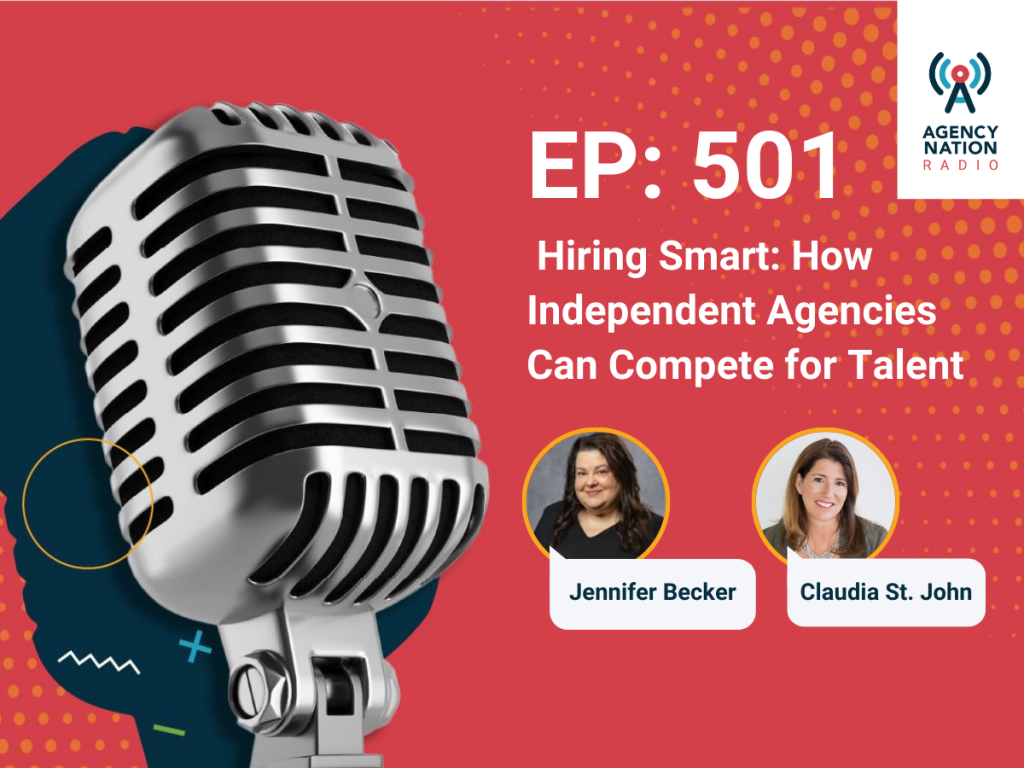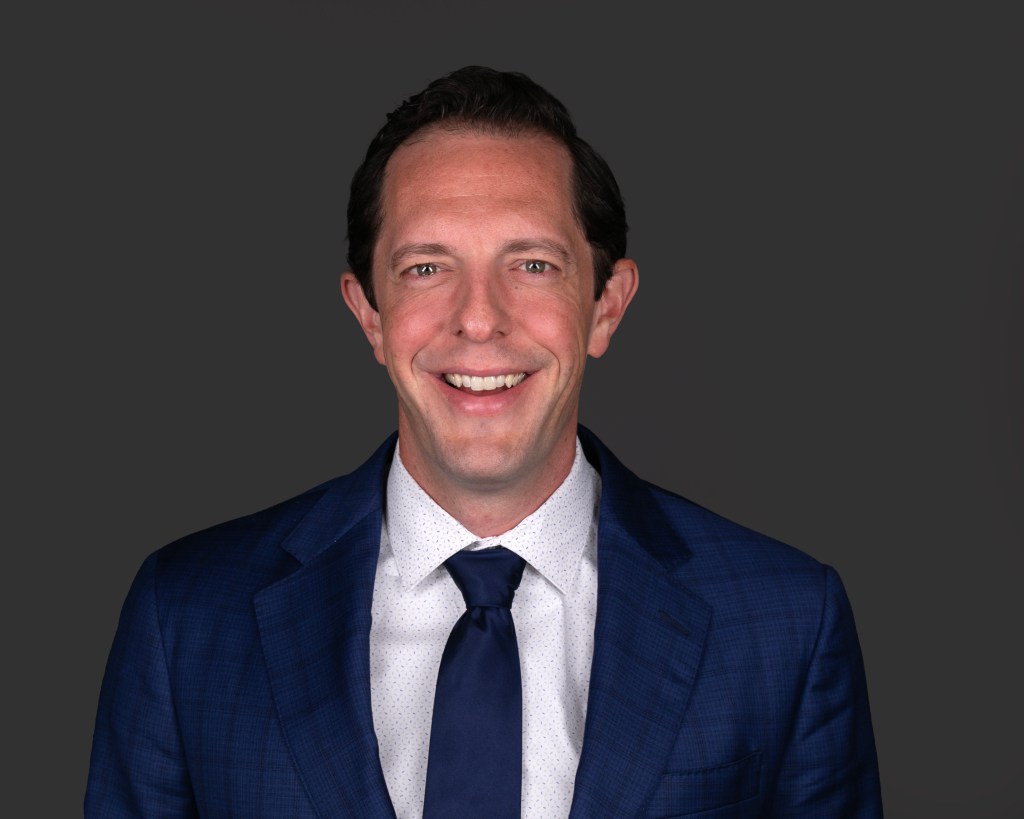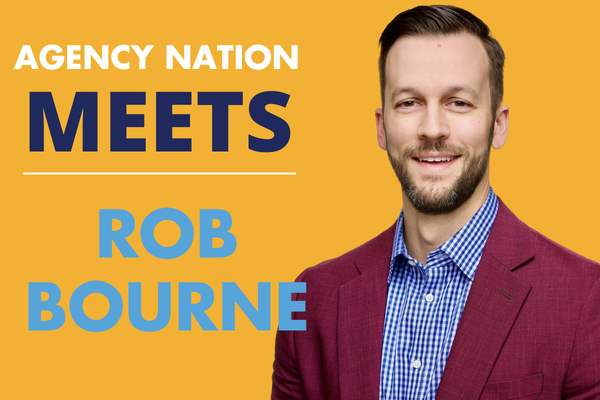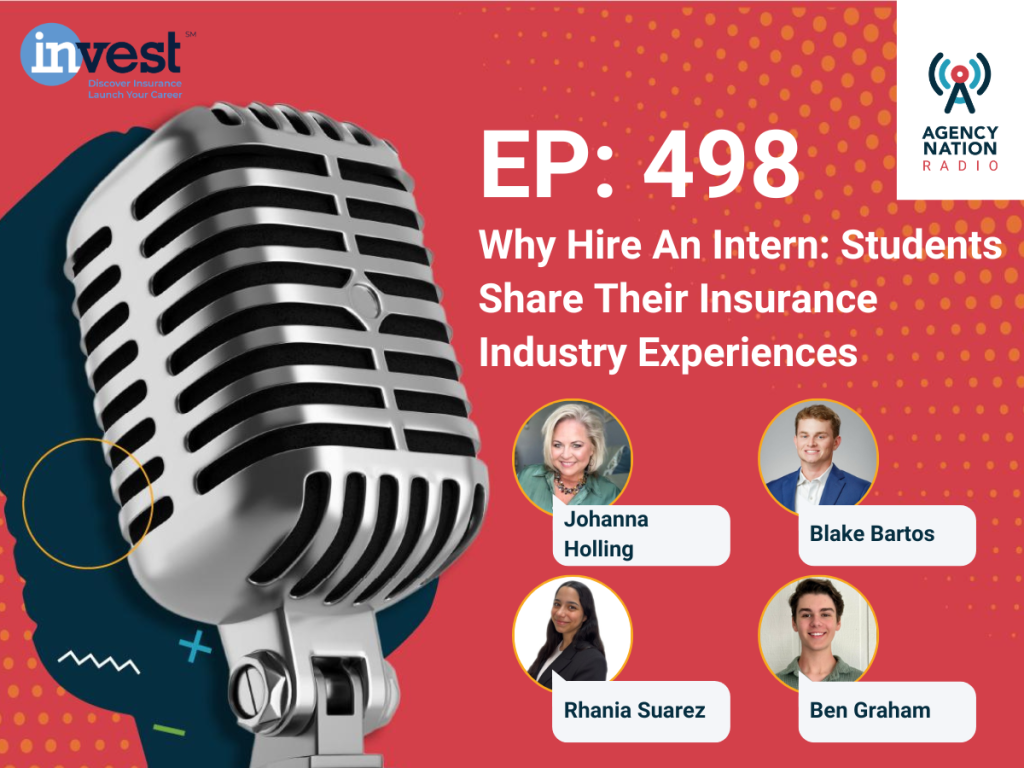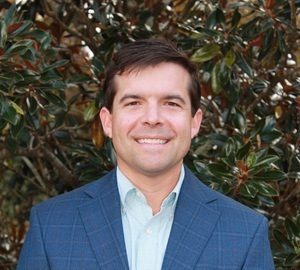Taking Over: Meet Millennial Agent Kevin Flowers
By: Jacquelyn Connelly
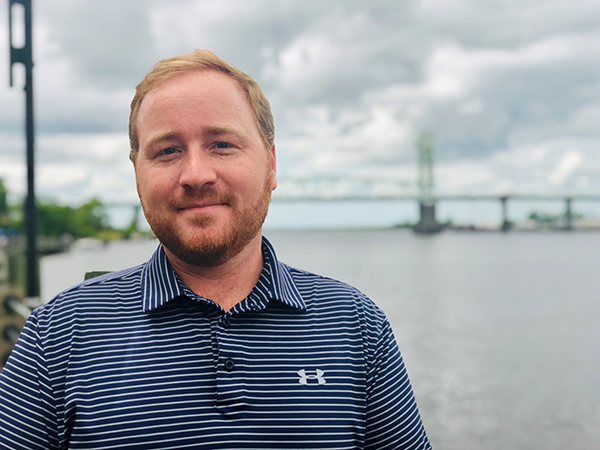
Kevin Flowers
Advisor, Innovation Risk
JJ Wade & Associates
Wilmington, North Carolina
Age: 33
Guilty pleasure TV show: “Below Deck” is pretty awful but addictive
In your earbuds: “Hip Hop BBQ” playlist on Spotify—it’s appropriate for any situation
The app you can’t live without: Backgammon App
Spotify or Apple Music: Spotify
Netflix or Hulu: Still loyal to Netflix, but Hulu’s trash TV selection is strong!
Why insurance?
I majored in criminal justice in college—my long-term goal was to be a judge. But then I worked at a law firm for about six months my senior year and kind of realized that wasn’t the environment I wanted to be in. I just didn’t think I could spend 20 years working in that miserable environment. So I did a little bit of a pivot, which was challenging in 2009 with the economy the way it was—I did a management training program with Enterprise Rent-A-Car.
We worked pretty closely with insurance companies, so after my time was done there, I jumped onto the captive agency side. I was working in about a 90% personal lines book of business for about a year, and it went very well, but it just was monotonous. It was just price quoting day in and day out. I gravitated into the commercial side, which was challenging because the classes of business the captive agency could do were so limited. So even though I had all these new avenues of generating revenue and leads and sales, I found myself still calling on the dry cleaners and the clothing stores and the ice cream shops, and it wasn’t challenging. It was just, “Can I be cheaper than the next person?”
Through my wife, I was introduced to a colleague here at JJ Wade’s satellite office in Wilmington. They had just opened it with two employees, and they were looking for some new blood—a younger person who could start from scratch with no clients, which was exactly what I was looking for.
Captive vs. independent?
My breaking point with my captive agency was in 2016. I had formed a relationship with a decent-sized medical device manufacturing company, and I was told, “It’s outside of the appetite guidelines.” I just thought, “There’s got to be something better.” I had to find some greener grass, and I certainly found it.
My intention is not to put down the captive agency—I think they do a great job within a certain niche in the insurance world. But I think the parts they don’t fulfill are picked up very well by the independent agent. My agency is very niche-focused. I work in three main verticals—technology, life sciences and manufacturing, which are all well outside the spectrum of the captive agency side.
There’s a lot of flexibility. We’re not waiting for the phone to ring for the next client. We’re not a volume-based agency. We want to find the right client for the resources, tools and people we have, versus doing marketing and advertising to try and pull a thousand leads for homeowners policies. We’re looking for a certain class of business, and we’ve positioned ourselves to capture that.
What’s to love?
I love the investment we have within the verticals we serve. We’re a member of several professional associations and organizations that have given me the opportunity to serve on executive boards, run boot camps and speak on panels about thriving topics like cybersecurity, cyber insurance, technology insurance tools, and changing the customer experience in insurance. I enjoy sharing my knowledge and not necessarily expecting an ROI for it—just having that opportunity to write a narrative that’s different from how insurance is typically perceived.
Embracing change?
We’re part of an association called TechAssure, which is a global network of insurance brokers and agencies that specialize in technology insurance. TechAssure’s goal is to share best practices and provide insight into agency-facing insurance tools. They have relationships with InsurTech companies that offer everything from platforms that manage certificates of insurance, to client resource management systems, to artificial intelligence that can search, examine and compare policy forms. Our agency’s main focus is to be client-facing as much as possible, and if utilizing AI and technology insurance tools gets me more opportunities to be in front of my clients and prospects, we’re going to embrace those.
Avoiding that kind of technology is just taking away from the sales cycle, and it’s taking away from your ability to touch your clients face to face. It could take me an hour to go through all the exclusions and endorsements on a single policy dec page, or I could upload the renewal and prior-term dec page to a system that automatically compares them for any ISO or company changes. That’s an hour I can use to schedule a new business appointment.
Work/life balance?
Being on the independent agency side definitely allows for more time management. We have systems in place that enable me to focus my time on meeting new people, meeting new companies and being in front of current clients.
But that’s not to say I don’t feel like I’m always working, because whether I’m sitting at a brewery or out playing golf, there’s always an opportunity to meet someone new. In a sales role, you’re always on, because there’s always that opportunity to help someone solve a problem or help answer a question that will hopefully strike up a professional relationship. Loving what you do helps keep you energized to seize any opportunity to develop a professional relationship.
Millennial stereotypes?
There’s this narrative that millennials are just lazy, that we always want to find a way to get out of the job, but it’s really just that we just grew up on technology. We understand that all these tools have been designed to help us work smarter, not harder. We’ve seen things work when they were done the old way, and we’ve seen them not work in that 2009-2012 period, and then we saw a technology revolution after that. That’s made us all work more efficiently and helped us eliminate or improve processes that could be done a different way—a smarter way.
Perpetuating the channel?
Changing the culture is very important. We’re not Google or anything, but we can bring our dogs to work, I can wear shorts to the office—I can do my job the way I see fit. There isn’t a mold at our agency of how the agent should look or what the sales approach should be.
For myself, I’ve tried to mirror my process off the industries I serve. In technology and life sciences, they tend to take a project management approach to their business model, so that’s the way I approach them with their insurance and risk management. I don’t seek out a single meeting with the CFO or the CEO—I want to speak to the entire C-Suite. For example, I believe the CIO and CISO’s input is vital in the decision-making process of a coverage form like cyber liability. Their enriched knowledge of what’s exposed in the potential of a cyber claim is invaluable to their policy structure. In this process, we find common ground with the CEO and CFO’s financial decision, and we get ahead of underinsurance on a catastrophic liability claim.
Figuring out a different sales cycle, one that empowers the person who is actually facilitating the insurance purchasing process, is really important. I’ve been empowered to not just pull X dates and make 100 cold calls a week. We enrich our knowledge through strategic partnerships and associations within the industries we are targeting, and we figure out a way to relate to the industries we serve. The process needs to be transparent. Everyone sees insurance as the guy in khaki pants sitting at a desk waiting for the phone to ring. That’s not the model anymore.
Advice for a fellow young agent?
Develop a niche based on your personal interests, because if you can have a deeper knowledge of the industries you’re looking to serve, you’ve got a leg up. If you want to be a generalist, that’s fine—a lot of people have made a lot of money writing construction and retail and mercantile and habitational. But where I’ve found success, as someone who was ready to leave the insurance industry because I was doing the same thing over and over again, was to find challenging verticals like health care and life sciences and technology and advanced manufacturing, where the risks don’t fit the box of typical insurance.
If you like going to breweries, go write breweries. If you’re into fashion, go try to call on designers and clothing manufacturers. Having a background in those verticals, or at least an interest in them, helps keep you engaged. You’re going to spend a little bit more time or in some cases a lot more time working on figuring it out, but once you’re able to build a risk management program for a company that no one’s really put the effort or time into, you’ve solidified that relationship with them. You can go out there and beat on the pavement, you can try to write everything you walk across, or you can be much happier by exploring what you like.
Jacquelyn Connelly is IA senior editor.
This interview is the third in a series that profiles 10 millennials in the independent insurance industry, based on IA’s July cover story.

